While the fighting game community (FGC) is largely still operated as a grassroots operation by independent tournament organizers and players, the last decade has seen competitive events supported or even outright hosted by game publishers at the highest level. Bandai Namco is very involved with its game’s pro scenes, running circuits for some of its bigger games like Tekken World Tour.
Related: Tekken 8 hands-on: A console-first approach levels up an arcade classic
The TWT was put into place with the global console launch of Tekken 7 in 2017, which put a real focus on letting players clash at in-person and online events to prove they are strongest in the world no matter where they come from. And this is something that will continue to expand as Tekken 8 enters the picture and shakes the competitive scene to its core.
Chief producer Katsuhiro Harada and producer Michael Murray have used tournaments, such as the TWT 2022 Finals, as stages to showcase more details about T8 to the franchise’s hardcore audience. And, while at a hands-on event with travel expenses provided by Bandai Namco, both developers shared a bit of insight into how the TWT’s future is currently being handled.
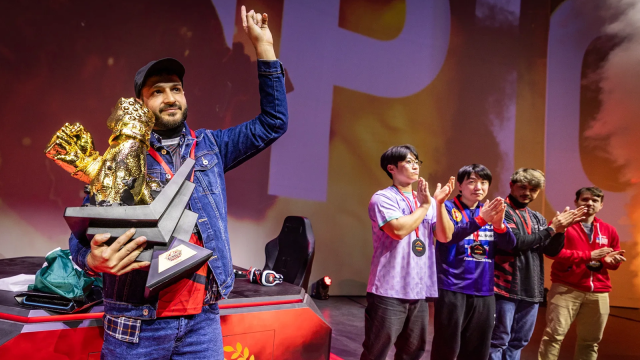
Since Tekken 8 does not have a release window yet, the 2023 TWT was announced in February with Tekken 7 as the featured game. This will likely be a similar instance to what Capcom did with the 2022 Capcom Pro Tour, having already announced Street Fighter 6 but running one final year of the event circuit on the previous game leading up to its release.
Capcom also set the tone for upcoming fighting game circuits too, announcing that the 2023 CPT would feature a $2 million prize pool for SF6’s debut—the largest prize offering in fighting game history.
Related: Harada: Tekken 8’s evolution to PS5 and Xbox Series X will be ‘worth all the money’
As a result of that bombshell, a lot of players started looking at their own games and the support being offered by developers, wondering if those companies would follow suit and increase the prize pool. Obviously, that isn’t feasible for every developer since fighting games are still niche in many cases, but Tekken is a massive franchise and Bandai is an equally successful company.
For Harada and Murray, Capcom dropping such a big announcement was exciting, and both agree it is going to be incredibly impactful for the FGC. The duo and their team at Bandai, however, are looking at it through the lens of sustainability and what this could signal as a whole.
When it comes to the prize pool alone, Harada notes that the distribution of the prize pool is just as important in the long run as the overall number. Whether you decide to go the route Capcom has where a majority of that $2 million will go straight to the top finisher or you split it up over multiple tournaments so that more players have something substantial to fight for is a key factor in building out a circuit.
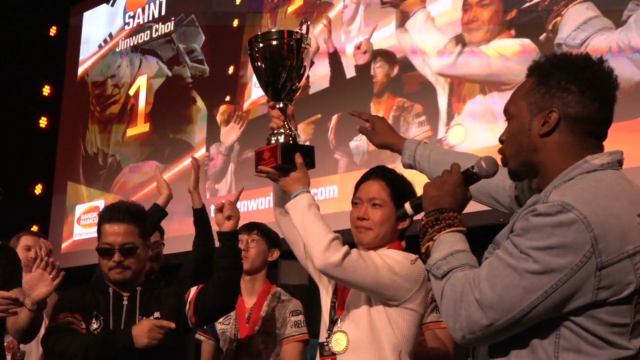
Murray adds that a decision to include a prize pool like that also brings with it a level of responsibility for the company behind the circuit because so many players and entire communities might live or die based on how things play out.
“Maybe this is just marketing or whatever, but if we were going to do the same thing we feel responsible that you have to have a long-term plan in place so that you don’t just do it one year for the game’s release and then be like ‘okay, we’re done,” Murray said.
“People might have their livelihoods attacked to [the events] after that or something, so you have this kind of responsibility to keep that up. And we want to make sure we definitely can, which involves so many different factors you have to think about and are hard to ensure.”
Related: Tekken 8’s explosive Special Style controls open the series to newcomers
While Harada and Murray wouldn’t go into specifics for T8’s competitive plans or upcoming events, the goal for Bandai appears to be sustainability over flashy announcements that will potentially work as additional marketing—at least when it comes to things with competitive implications.
That isn’t to say Capcom’s prize pool isn’t going to remain at that level and was simply a way to draw eyes for SF6’s first year on the market, but Murray specifically said that if he and the team are going to commit to something like that they “would have to make it for the long term” while being 100 percent sure they could support the model.
We likely won’t hear more about the competitive future of Tekken 8 and how the next generation of the franchise will shape events until closer to release, but fans can at least relax a bit knowing that the team is aware of the changing landscape and approaching it with a level head.


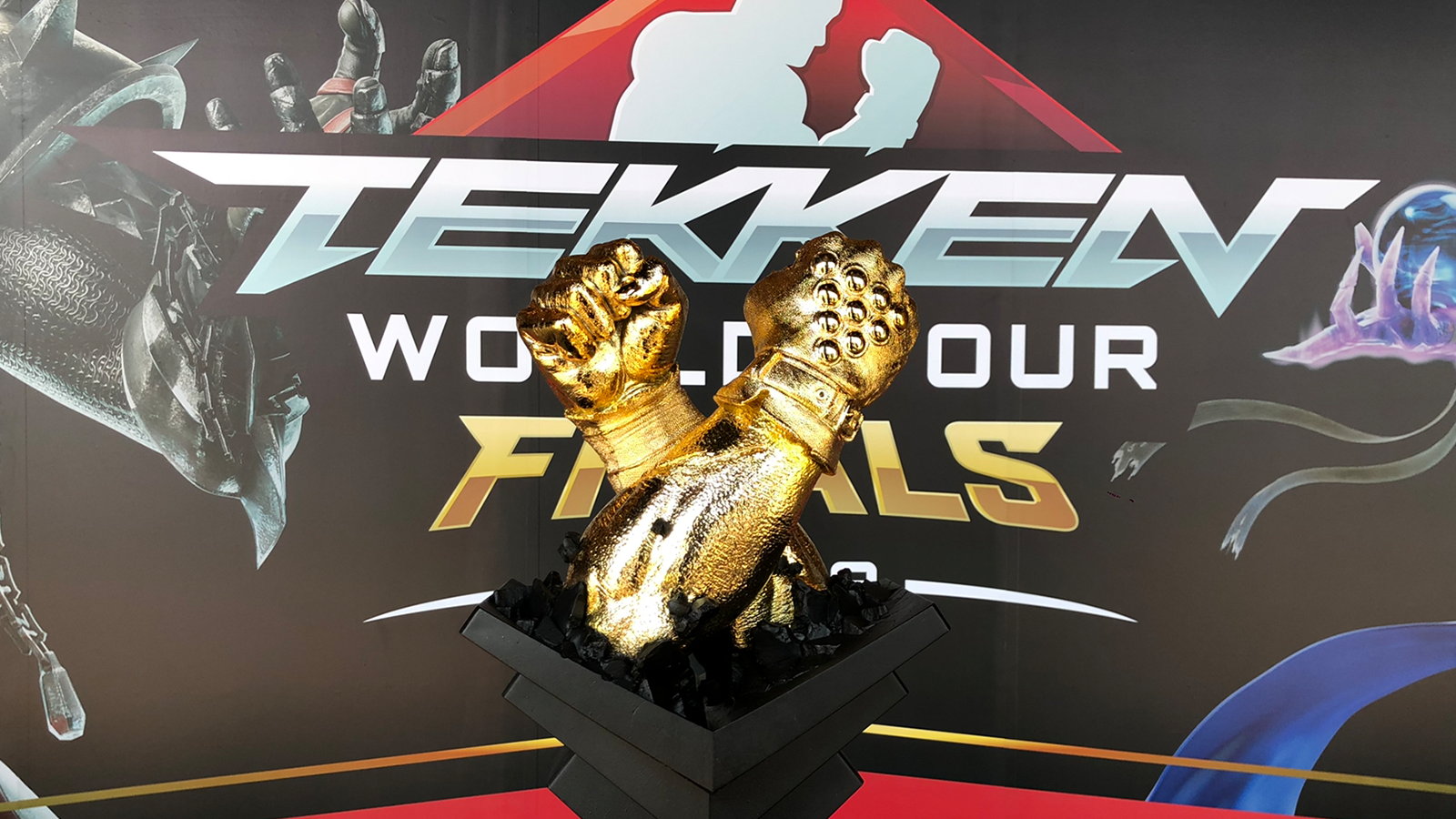
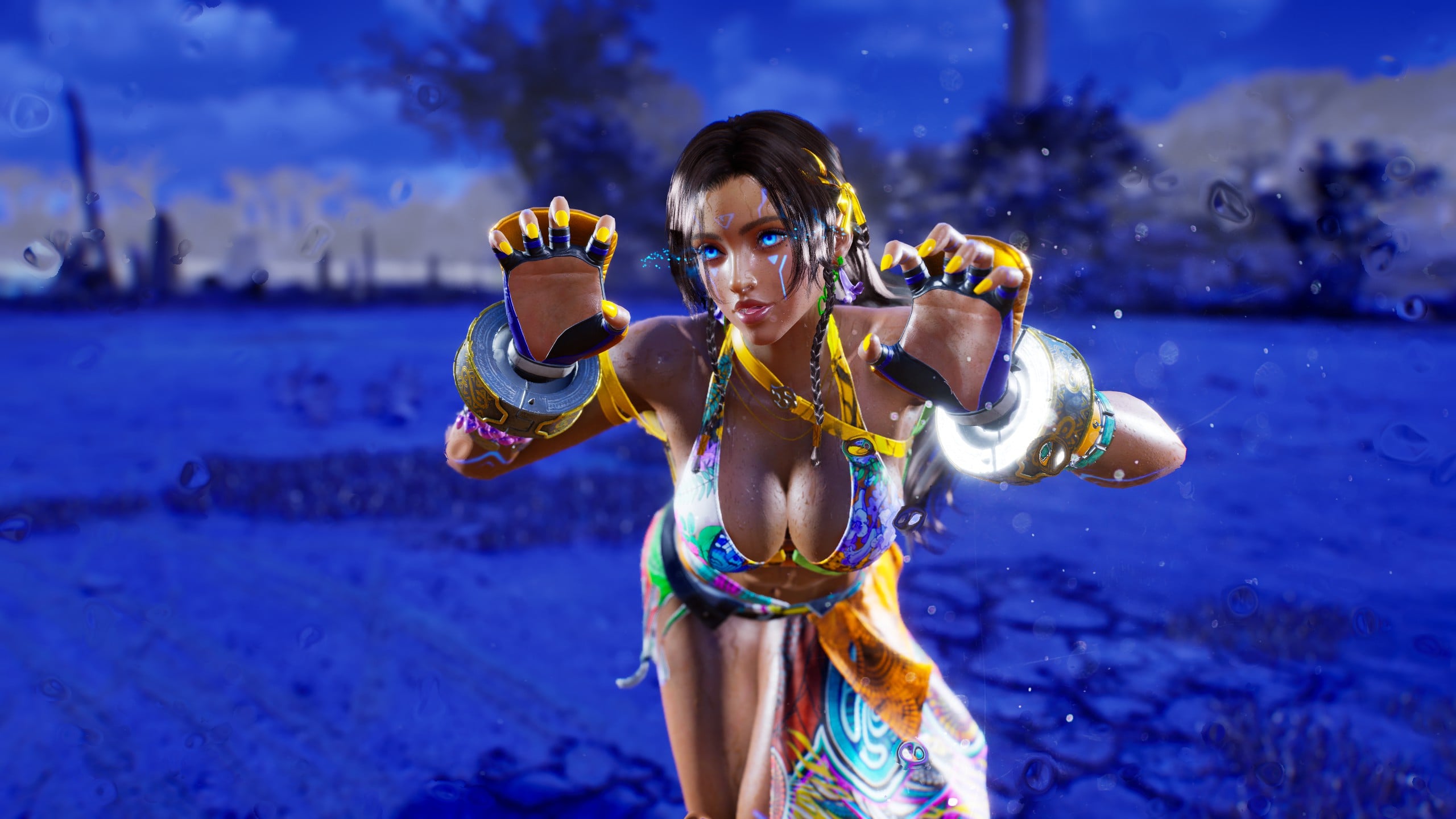

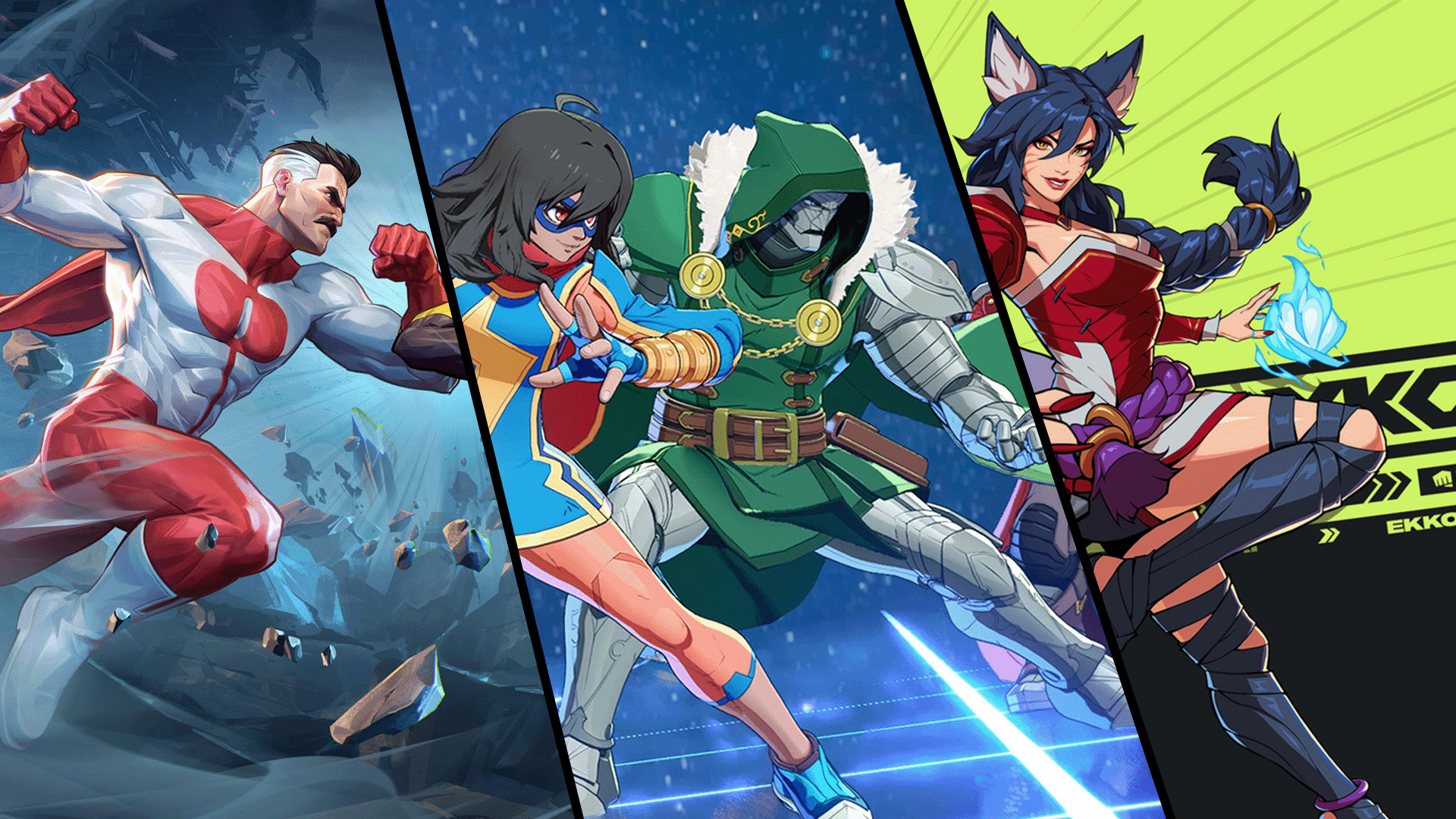
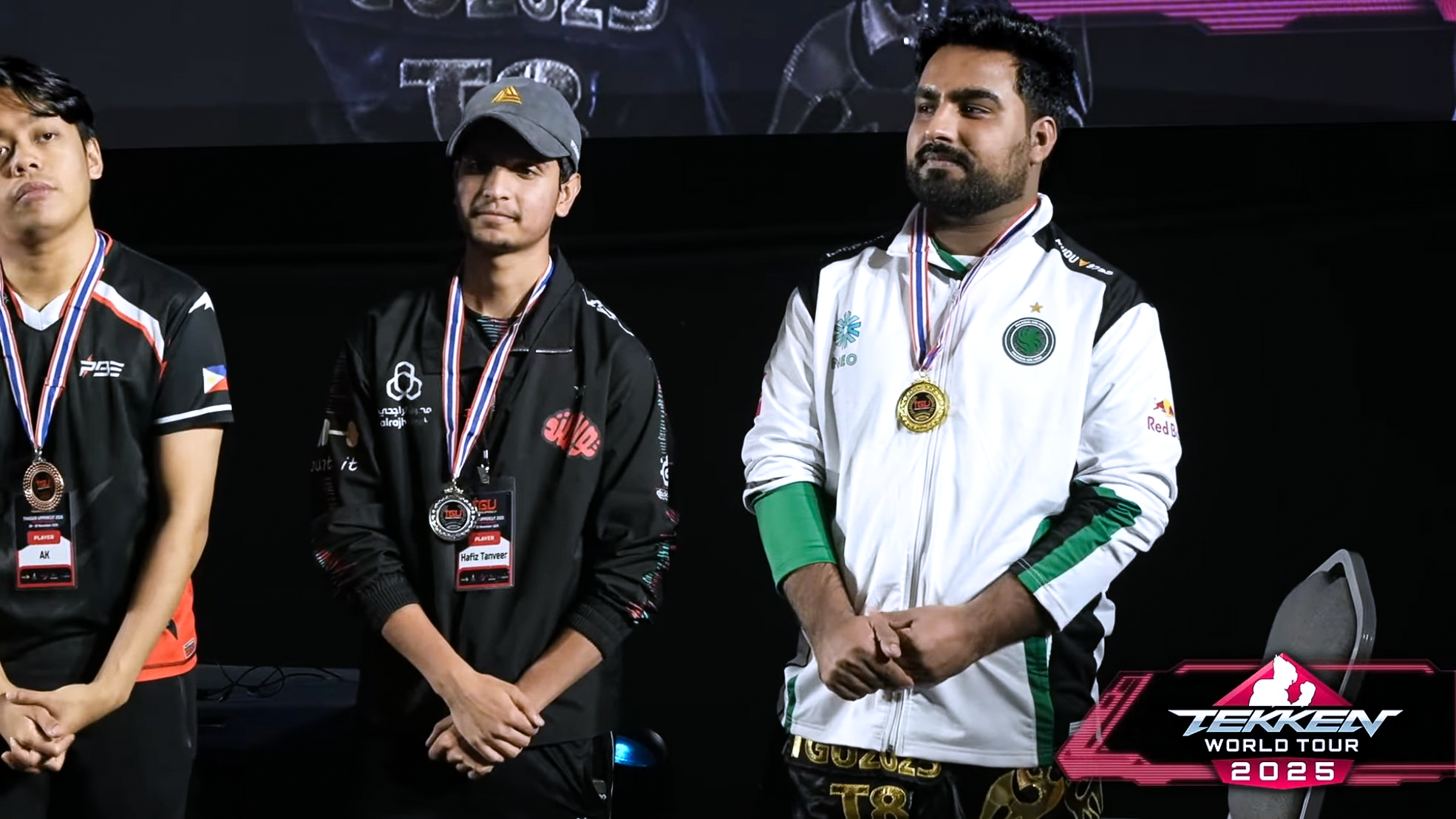
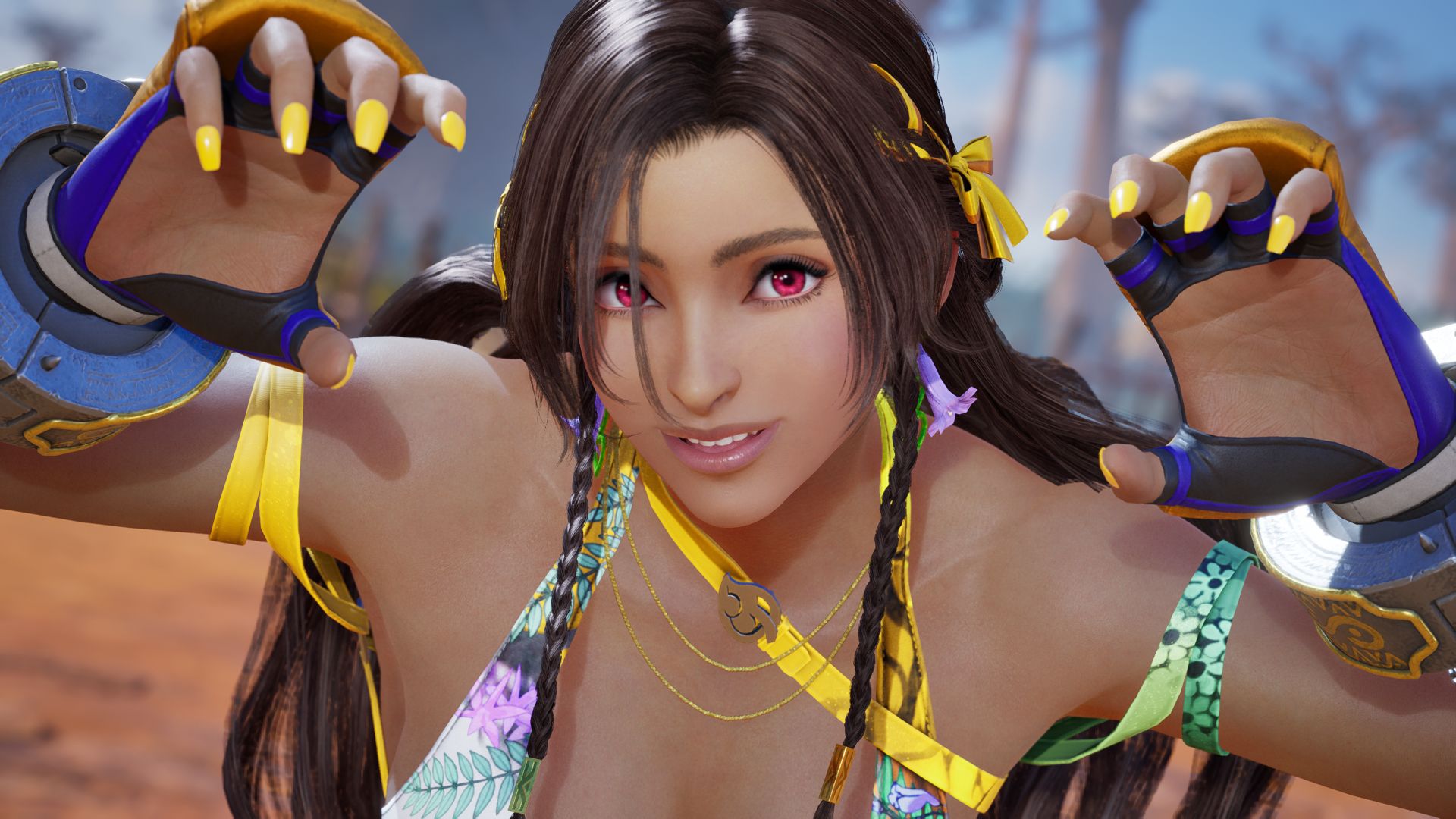
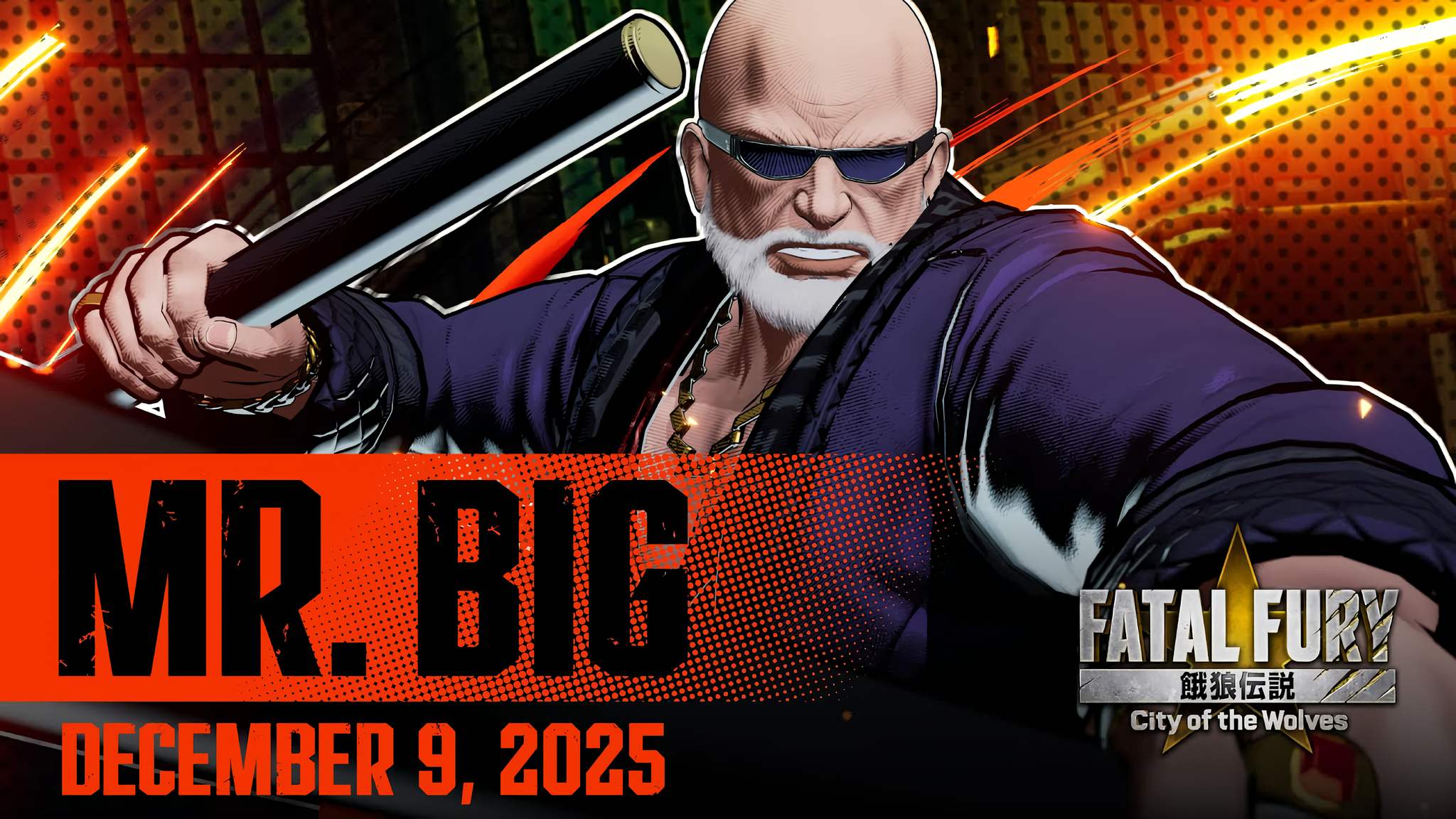
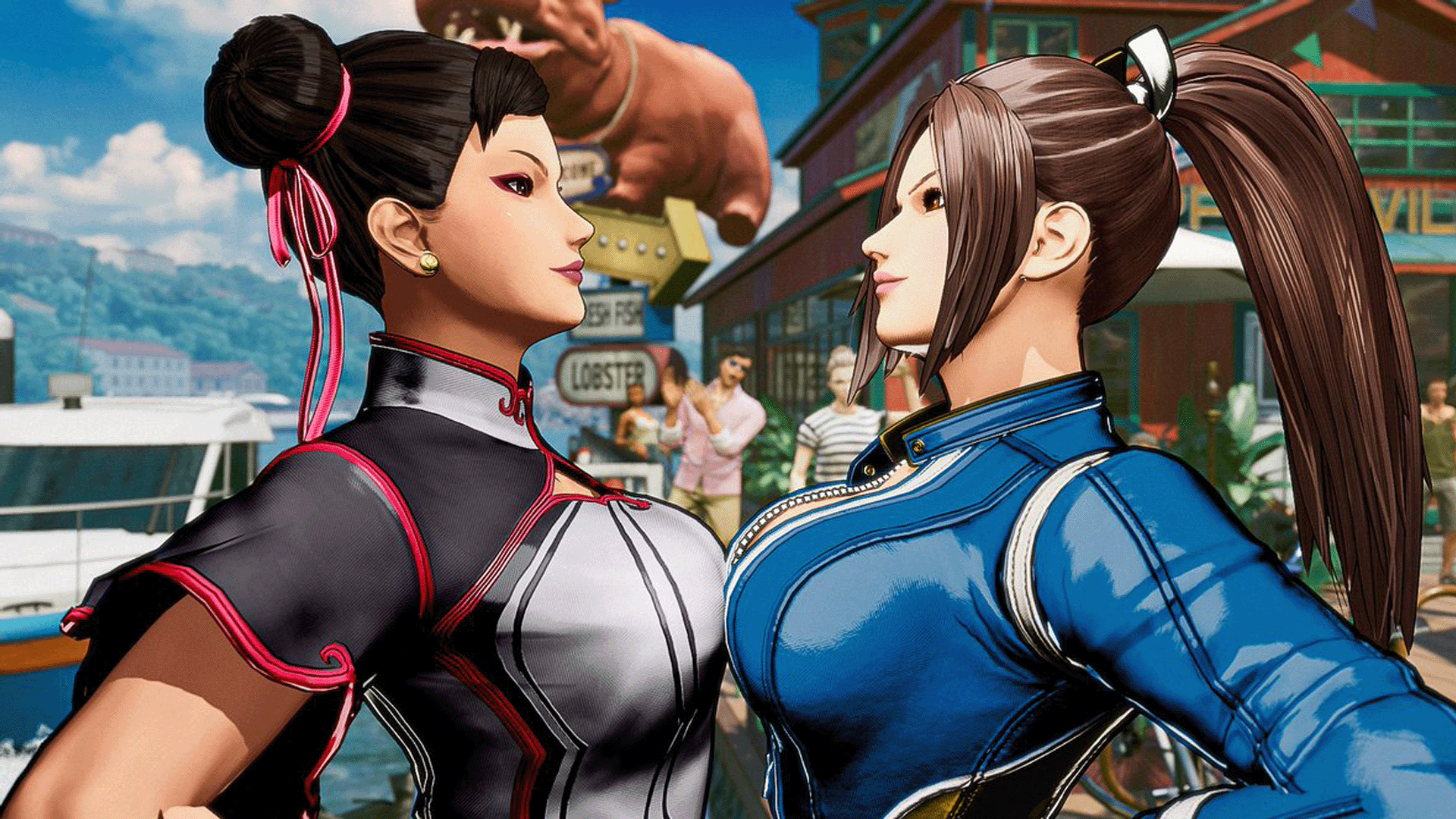
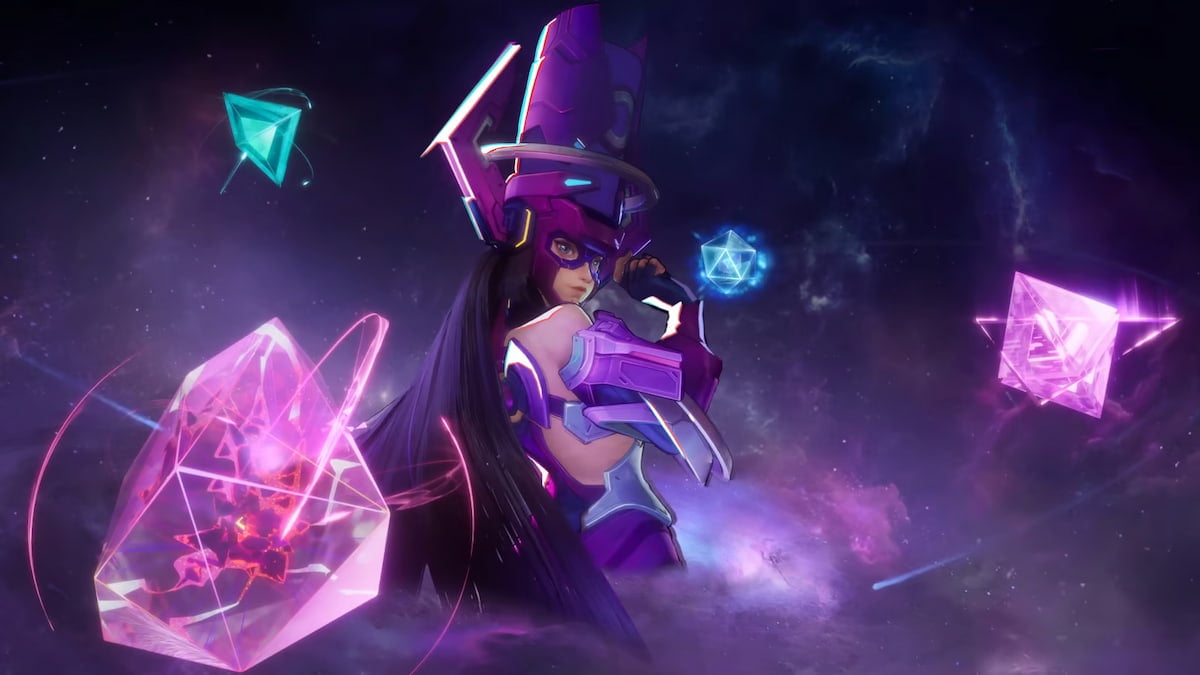
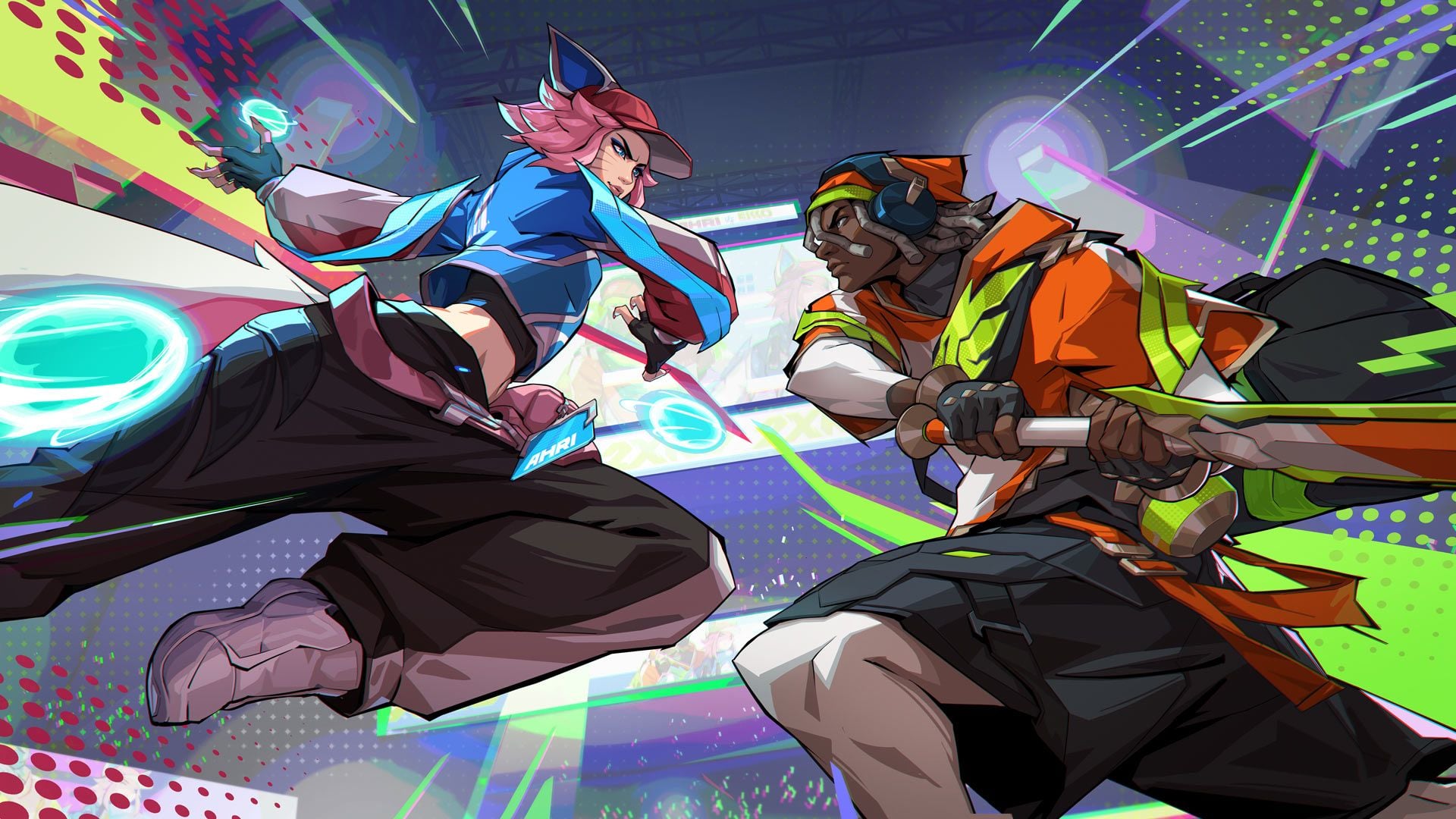

Published: Mar 29, 2023 08:00 am